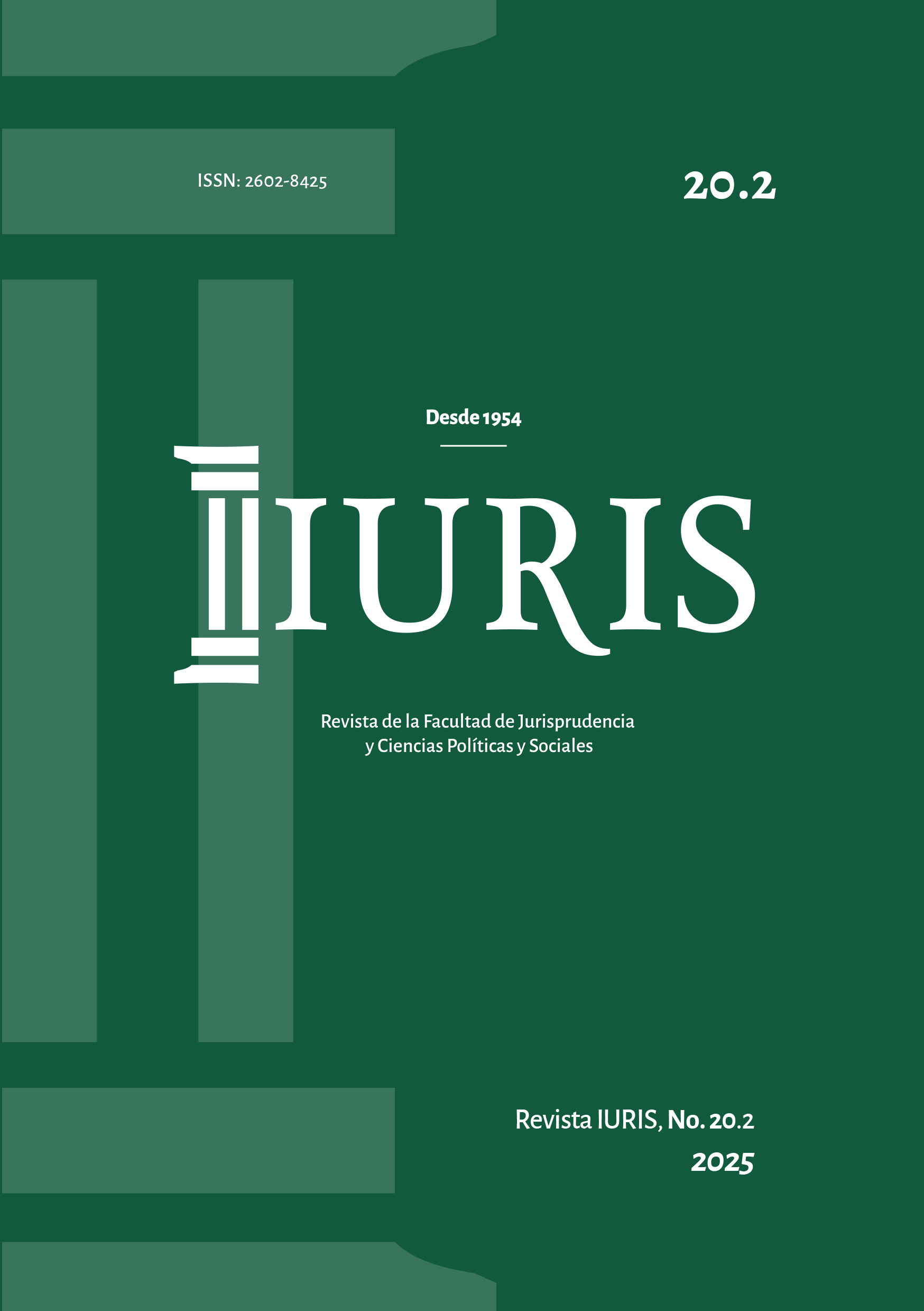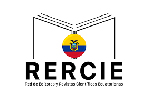Dussel in force. A politics for the second Latin American emancipation
DOI:
https://doi.org/10.18537/iuris.20.02.03Keywords:
Dussel,, politics of liberation, hegemonic dispute, social transformation, StateAbstract
Enrique Dussel proposes a political philosophy of liberation which is relevant in
the current Latin American context. It is one of the main points of reference and
crucibles that characterise the historical and contemporary issues of our region.
This philosophy uses approaches and categories to consider the continental
struggle to overcome neoliberal conditions. In this way, Dussel unveils a new
historical period that could be categorised as a ‘second Latin American eman-
cipation’. His approach, developed after concluding his proposal for a Politics of
Liberation in three volumes — the historical (2007a), the architectural (2009) and
the creative critique (2022) — constitutes a work that provides useful categories
for constructing a diagnosis ranging from the general to the specific. His contri-
butions are significant for the Latin American region in relation to the hegemo-
nic impositions of the United States. In another section of his work, he offers
a geopolitical analysis of the world system’s crisis situation and the possibility
of a hegemonic relay around China, a phenomenon that is undoubtedly topical.
Last but not least, the analysis focuses on the political conditions for the trans-
formation/liberation of our peoples in countries of strategic relevance for Latin
America and the Caribbean. Thus, the article is a hermeneutic journey through
Dussel’s contributions in dialogue also with other philosophical perspectives.
Downloads
References
Dunbar-Ortíz, R. (2018) [2015]. La historia indígena de Estados Unidos. Capitán Swing.
Dussel, E. (1965). Iberoamérica en la historia universal, Revista de Occidente, 25, pp. 85-95.
Dussel, E. (1979 [1974]) Filosofía ética latinoamericana IV. Política latinoamericana (Antropológica III). Universidad de Santo Tomás.
Dussel, E. (1983). Historia general de la Iglesia en América Latina Tomo I/1. CEHILA-Ediciones Sígueme.
Dussel, E. (2022). Política de la liberación. Vol. III. Crítica creadora. Trotta.
Dussel, E. (2004). China (1421-1800). Razones para cuestionar el eurocentrismo, Archipiélago, 11 (44).
Dussel, E. (2006). 20 tesis de política. Siglo XXI Editores/CREFAL.
Dussel, E. (2007a). Política de la liberación. Volumen I. Historia mundial y crítica. Editorial Trotta.
Dussel, E. (2007b). Ser-hispano. Un mundo en el border de muchos mundos. Materiales para una política de la liberación. Plaza y Valdes
Dussel, E. (2009). Política de la liberación. Volumen II. Arquitectónica. Editorial Trotta.
Dussel, E. (2011). Carta a los indignados. La Jornada ediciones.
Dussel, E. (2012). Hipótesis para el estudio de Latinoamérica en la historia universal. Editorial Docencia.
Dussel, E. (2015). Filosofías del Sur. Descolonización y Transmodernidad. Akal.
Dussel, E. (2018). Hipótesis para el estudio de Latinoamérica en la historia universal. Editorial Las cuarenta.
Hall, S. (2014). “Notas de Marx sobre el método: una ‘lectura’ de la Introducción de 1857“y “El problema de la ideología: el marxismo sin garantías” en Eduardo Restrepo, Catherine Walsh y Víctor Vich. Sin garantías. Trayectorias y problemáticas en estudios culturales. Universidad del Cauca-Envión.
Hinkelammert, F. (2001). El nihilismo al desnudo. Los tiempos de la globalización. LOM.
Hinkelammert, F. (2018). Totalitarismo de mercado. Akal.
Sousa Santos, B. (2009). Una epistemología del Sur. La reinvención del conocimiento y la emancipación social. CLACSO – Siglo XXI.
Sousa Santos, B. (2017). Democracia y transformación social. Siglo XXI Editores/Siglo del Hombre Editores.
Zermeño, S. (2021). La ceguera de los modernos. Los códigos negados para el bienestar de las sociedades. Siglo XXI editores.







